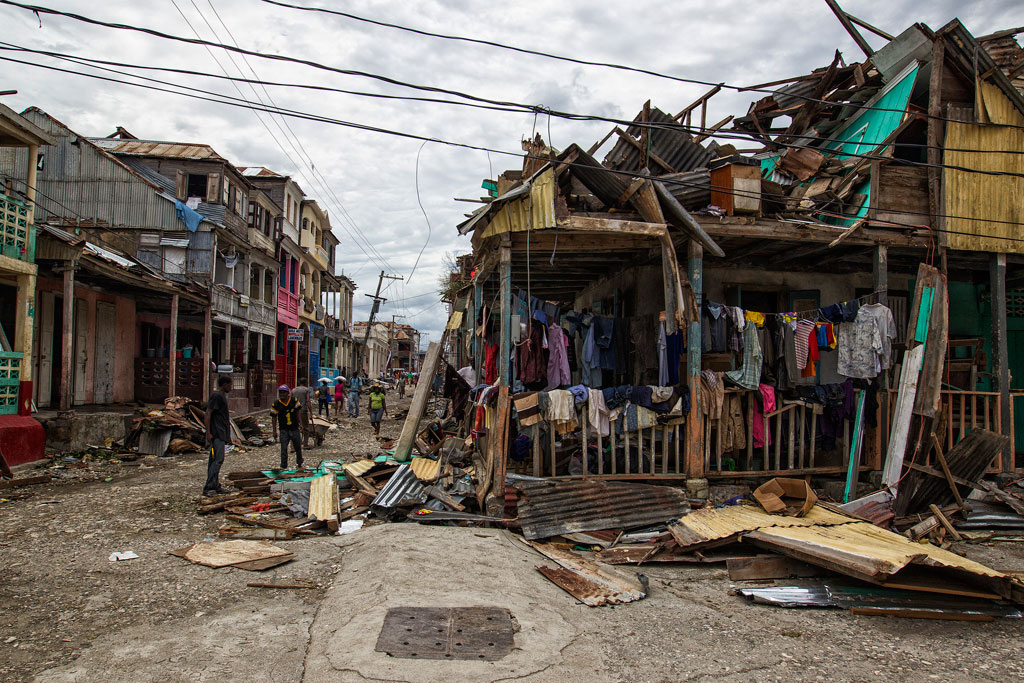You are here
Tue, 2011-08-30 10:17 — mdmcdonald
This working group is focused on sustainable economics and financial balance within resilient social ecologies.
The mission of this working group is to build sustainable economy and financial balance within resilient social ecologies.
Add Content to this group
Members
| Corey Watts | david hastings | Elhadj Drame | John Girard | Kathy Gilbeaux | LintonWells |
| Maeryn Obley | mdmcdonald | Samuel Bendett |
Email address for group
economics@m.resiliencesystem.org




 Deadly carriers of disease: Aedes aegypti mosquitoes. Paulo Whitaker | Reuters
Deadly carriers of disease: Aedes aegypti mosquitoes. Paulo Whitaker | Reuters





 James A. Baker, seen here at former first lady Nancy Reagan’s funeral in March 2016, is a member of the Climate Leadership Council. Despite its impeccable Republican credentials, the group faces long odds with its carbon-tax idea. (Jae C. Hong/Associated Press)
James A. Baker, seen here at former first lady Nancy Reagan’s funeral in March 2016, is a member of the Climate Leadership Council. Despite its impeccable Republican credentials, the group faces long odds with its carbon-tax idea. (Jae C. Hong/Associated Press)
Recent Comments